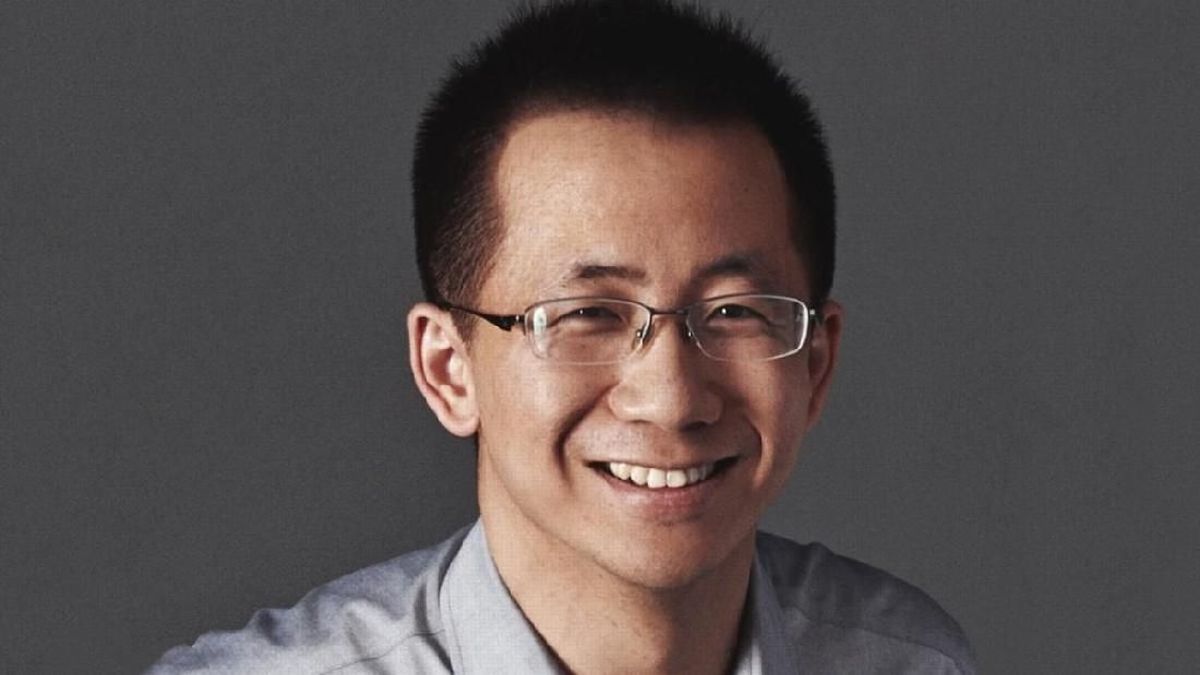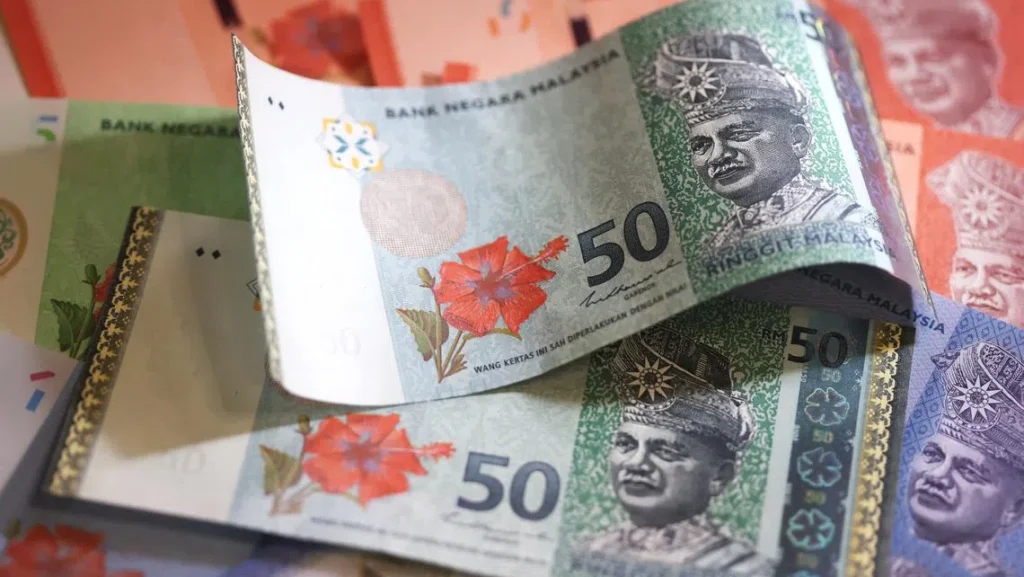China’s economic landscape, marked by a surge of technological innovation and evolving global aspirations, has seen a shift in its wealth hierarchy, placing Zhang Yiming, the co-founder of ByteDance, at the pinnacle as the nation’s wealthiest individual. Known internationally as the creator behind TikTok, one of the world’s most successful and widely discussed social media platforms, Zhang now leads the 2024 Hurun China Rich List with an impressive $49.3 billion fortune. This rise comes amid a period of financial contraction for China’s billionaires, with the nation witnessing a significant drop in ultra-high-net-worth individuals for the third year in a row.
Zhang’s ascent to the top reflects ByteDance’s impressive revenue growth. The company achieved a 30% increase in global revenue last year, reaching a remarkable $110 billion, making it one of China’s most successful international enterprises. Since its launch in 2017, TikTok has become a social media giant with a substantial following worldwide, particularly popular among younger users. The platform’s growth in the U.S., where it has amassed nearly 200 million users, demonstrates its global reach and influence. TikTok’s presence has not only catapulted ByteDance to the forefront of the tech world but also marked it as one of China’s most successful cross-border digital ventures.
However, the success of TikTok has not come without hurdles. In the U.S., ByteDance and TikTok are embroiled in several legal battles. Lawmakers in Washington are voicing concerns about TikTok’s ability to protect young users’ privacy and its potential connections to China’s government. In April, the U.S. signed a law requiring that TikTok spin off its U.S. operations or face a potential nationwide ban. This legislation, prompted by fears over national security, suggests that TikTok’s Chinese origins could risk exposing American data to Chinese authorities—a claim TikTok and ByteDance have denied. These apprehensions reflect a growing sense of rivalry between the U.S. and China, with heightened concerns about technology and data control. Other countries, such as India, have gone as far as banning TikTok entirely, while allies including the U.K., Canada, and Australia have imposed restrictions on the app’s use within government settings.
Beyond Zhang Yiming’s success story, the Hurun China Rich List highlights the broader struggles among China’s wealthiest. This year, Zhong Shanshan, the previous top-ranked billionaire and owner of the beverage empire Nongfu Spring, now holds the second position. Zhong, often referred to as China’s “bottled water king,” saw his company’s shares affected by an online campaign accusing him of lacking patriotism, an issue that sparked a downturn in his fortunes earlier in the year. The list also shows Tencent founder Pony Ma holding the third spot, underscoring the dominance of tech leaders in China’s upper echelons of wealth. Tencent, which owns WeChat—a multifunctional platform widely used across China—continues to be a powerful force in the multimedia and entertainment sector, despite recent economic shifts.
The Hurun report also highlights a notable contraction in China’s billionaire count, down by 142 individuals from last year, leaving the total at 753 dollar billionaires. Compared to 2021, when the list recorded 1,185 billionaires, this year’s count reflects a significant economic recalibration. Hurun Report chairman Rupert Hoogewerf attributes this decline to “a difficult year” for China’s economy. With various structural challenges, such as a troubled real estate market, mounting government debt, and dampened consumer spending, China’s economy has experienced a slower trajectory that has affected the wealth generation of its top earners.
Additionally, the number of individuals on the Hurun list—those with a minimum net worth of 5 billion yuan, or approximately $700 million—has declined for the third year running. Now totaling 1,094, this is a 12% drop compared to the previous year. The list’s decline is also evident in the reduced presence of traditional industries like real estate, now giving way to sectors including tech, consumer electronics, new energy, and healthcare. This shift indicates that China’s economic future may be increasingly defined by tech-driven and green-energy sectors, areas in which leaders like Zhang Yiming have excelled. For China’s billionaires, this transition marks a recalibration of economic priorities as the country navigates both internal and global pressures, redefining the industries that will power its growth in the coming years.









